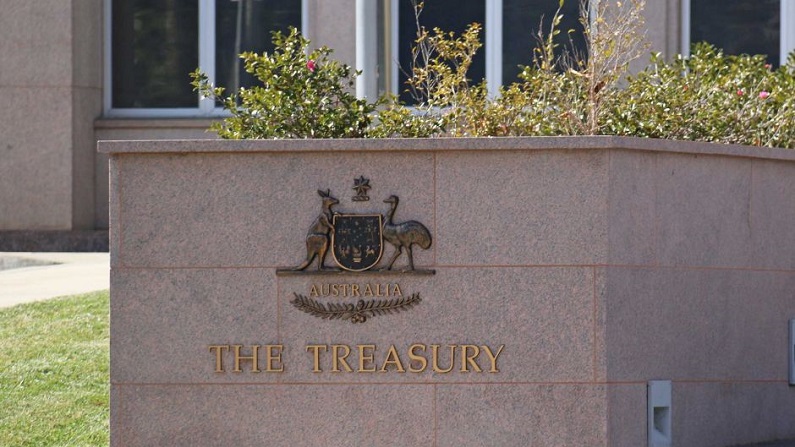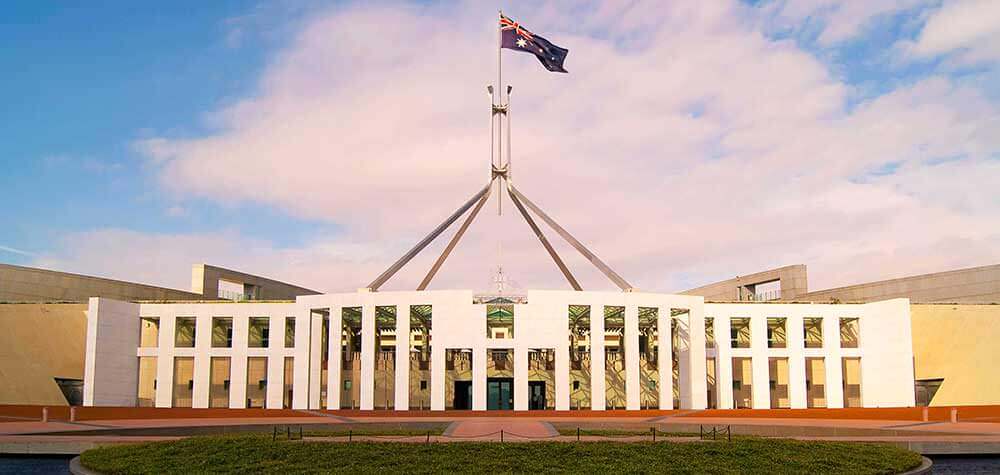Closing Loopholes: Sham Arrangements
Independent contractors can be individuals, partnerships, trusts, companies, or other entities that provide services to others for a fee. Where independent contractors are individuals who carry out work for a business, there can sometimes be uncertainty about whether the contractor is, in fact, an employee of that business. To avoid this uncertainty and future […]
Closing Loopholes: Sham Arrangements Read More »









